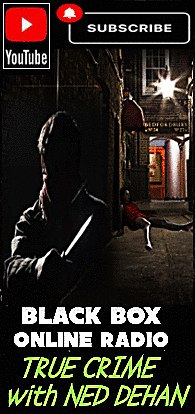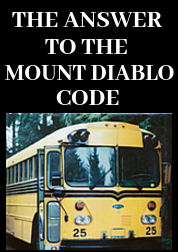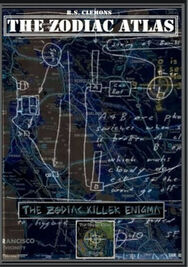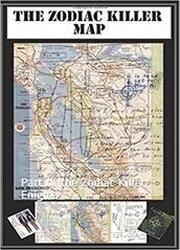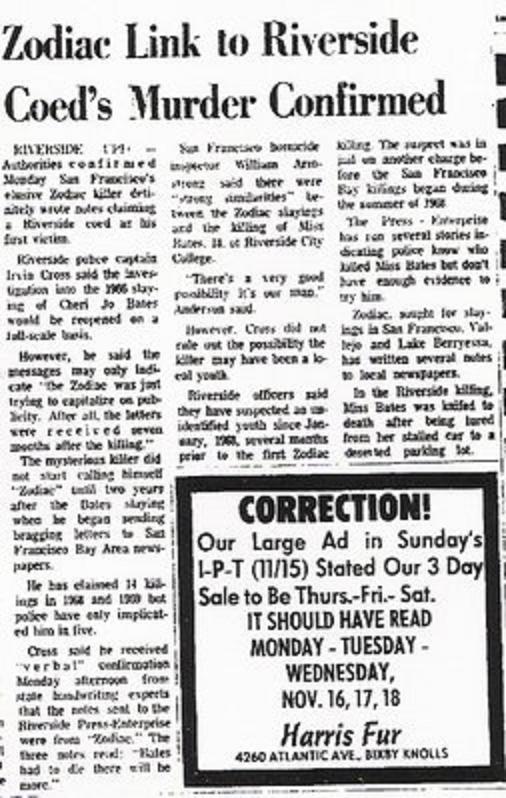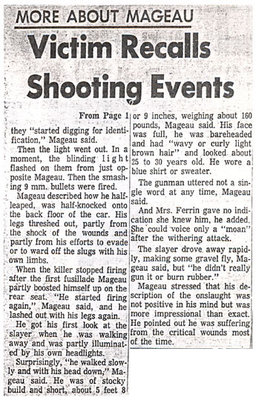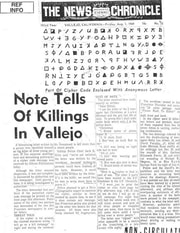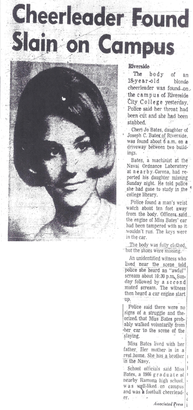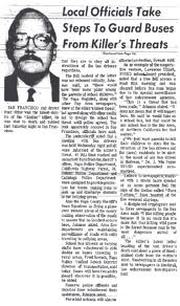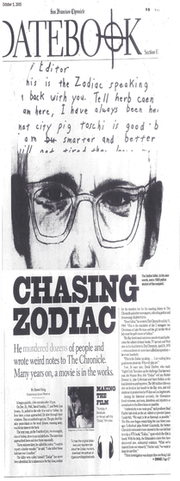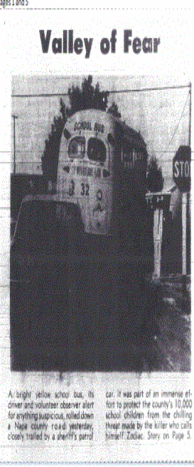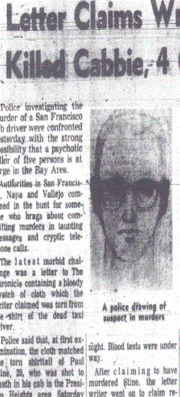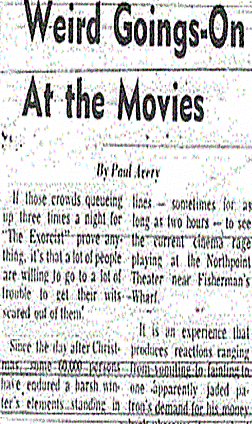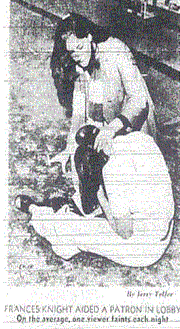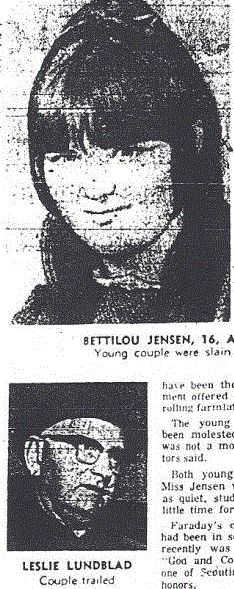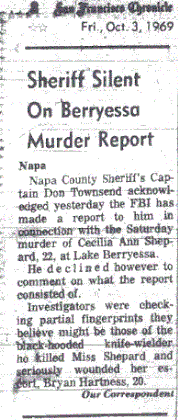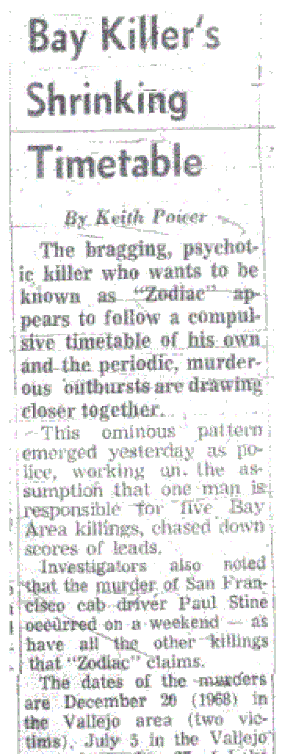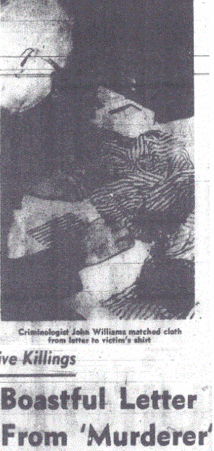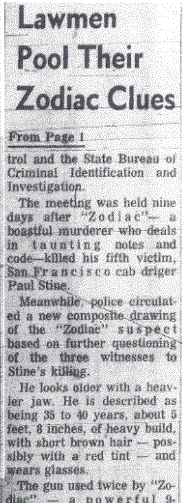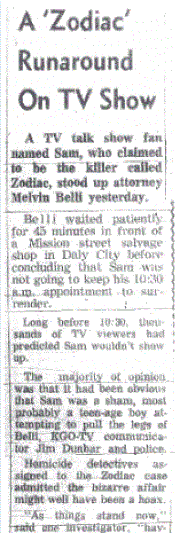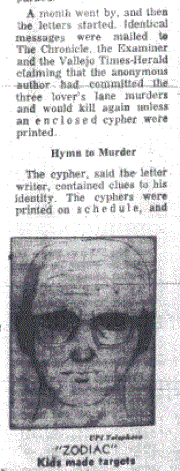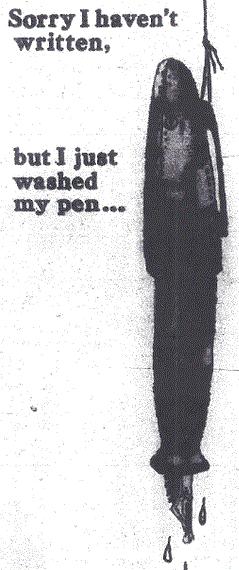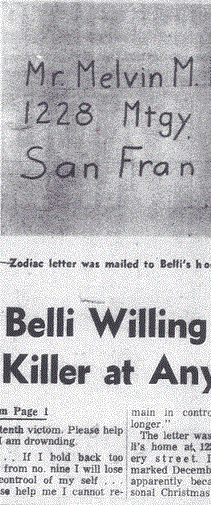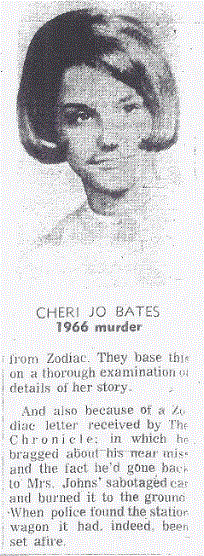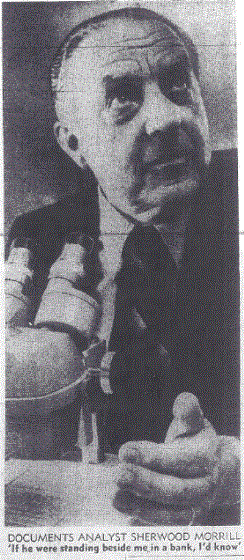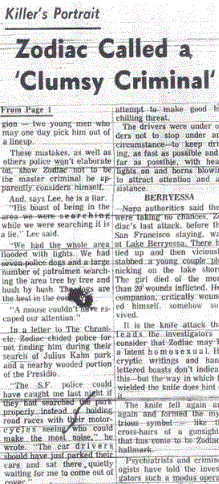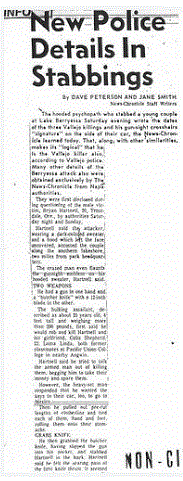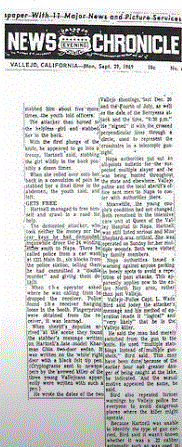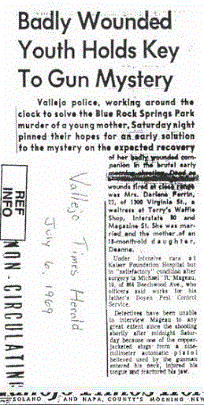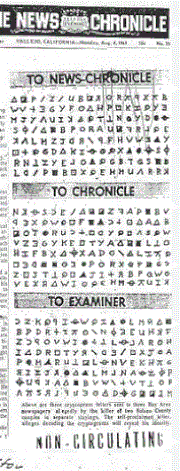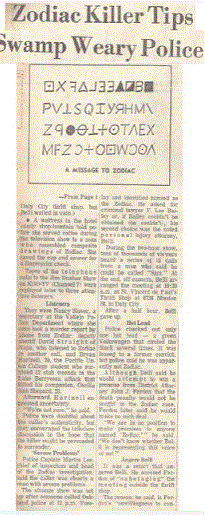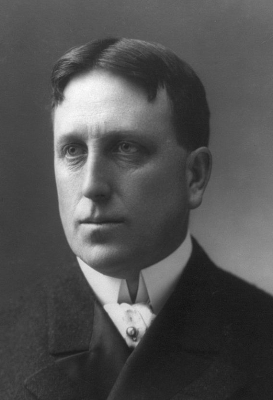 William Randolph Hearst
William Randolph Hearst With “AMERICA FIRST” at the center of his newspaper masthead, emblazoned above a stylized eagle clutching a ribbon reading, “AN AMERICAN PAPER FOR THE AMERICAN PEOPLE", Hearst promoted the virtues of Nazism, whose “great achievement”—and a lesson to all “liberty-loving people”—was the defeat of communism. Hearst now saw communism everywhere—not only in the Roosevelt administration, but among college professors “teaching alien doctrines” and among striking union workers in San Francisco, against whom Hearst’s papers encouraged vigilante violence. In July 1934, during the San Francisco general strike, mobs broke the windows of residents in tradesmen’s neighborhoods, threatened them with violence, and told them to move; “police,” The New York Times daily reported, “said that not all the victims were radicals.”For his part, Hearst responded appreciatively: “Thank God the patriotic citizens of California have shown us the way". Eric Rauchway, writing for The Atlantic
Unsurprising then, that this drew ire from some American citizens, when they wrote to the authorities accusing William Randolph Hearst of being part of the fifth column. Here are some anonymous examples from a single author in the early 1940s, addressing the District Attorney in Los Angeles with a signature of "A Citizen" and "An anxious Citizen", with respect to their concerns as an American patriot. The anonymous letters would include newspaper clippings regarding the statements of William Randolph Hearst in his newspapers.
Postmarked May 8th 1974, the San Francisco Chronicle received a card berating them for the running of advertisements for the 1973 movie Badlands movie, starring Martin Sheen and Sissy Spacek. This doesn't seem particularly out of the ordinary, until we consider the rancour between William Randolph Hearst and Orson Welles, during which Hearst demanded that his newspapers stop running advertisements for the 1941 Citizen Kane film. Here is a small extract from the Telegraph under the title 'Citizen Kane 'feud' between Orson Welles and William Randolph Hearst thaws after 70 years'. It states "When Welles' masterpiece was released in 1941 Hearst, who was the partial inspiration for the movie, was incensed and banned his newspapers from reviewing or even mentioning it". Therefore, it must be an amazing coincidence that the Citizen card called for "cutting the ads" before signing off with "A citizen". Not to mention that the release date in Los Angeles, California for the movie Citizen Kane was May 8th 1941 - the exact date this correspondence was postmarked, on May 8th 1974.
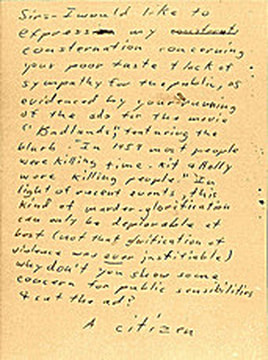 Click image to enlarge
Click image to enlarge The Symbionese Liberation Army had typed a similar letter to the one in the 1940s, when they addressed the Hearst family on February 10th 1974, again berating William Randolph Hearst for his commentary on another American war. The letter read
Hearst Family,
(Second Commandment: "For I the Lord as a jealous God and visit the sins of the fathers upon the children unto the third and fourth generation). No, we are not religious nuts, but we hate you for your father's part in starting the Spanish-American War, and also for his later, cheap liason with the trollop Marion Davies." Our male ancestors were killed in your father's war and their wives were left with pensions of $25 to $50 a month for life. We wonder how you can hold up your heads in decent society, and why your contemporaries can stomach your presence. Our once proud families were destroyed by your father's war.....which he started to boost his circulation. HERE IS WHAT WE DEMAND; Before we release your daughter Patricia, you must show proper humility by acknowledging the guilt of William Randolph Hearst (in regard to starting yellow journalism and instigating the Spanish-American War. You must publicly beg the forgiveness of your country. This must be done on ALL media and must be expressed in terms of abject humility. When we are convinced you are showing abject humility for the sins of your father and his papers, we will release Patricia, whose only sin is that she carries the genes of William Randolph Hearst. The SLA.
This letter bisected the SLA letter (February 3rd) and Citizen card (May 8th), with all three likely mailed by the Symbionese Liberation Army - and all three directly or indirectly referring to the Hearst family. The SLA letter, postmarked the day before the kidnapping of Patricia Campbell Hearst, referenced the Old Norse word of "kill" and signed off with the equally respectful "a friend". Then came the July 8th 1974 Red Phantom letter to the San Francisco Chronicle, again expressing consternation, but this time aimed at Count Marco, requesting the cancellation of his newspaper column, much like the retraction desired in the Citizen card. The author wrote "Since the Count can write anonymously, so can I - the Red Phantom". When we consider that the author of the Citizen card was referring to a 1941 feud between Orson Welles and William Randolph Hearst and the SLA letter was postmarked the day the kidnapping of Patricia Campbell Hearst, it wouldn't be too surprising if the pseudonym "Red Phantom" was another subtle dig at William Randolph Hearst through the newspapers. "Hearst promoted the virtues of Nazism, whose “great achievement”—and a lesson to all “liberty-loving people”—was the defeat of communism. Hearst saw communism everywhere". Was this another "Red Phantom" lurking in the shadows?
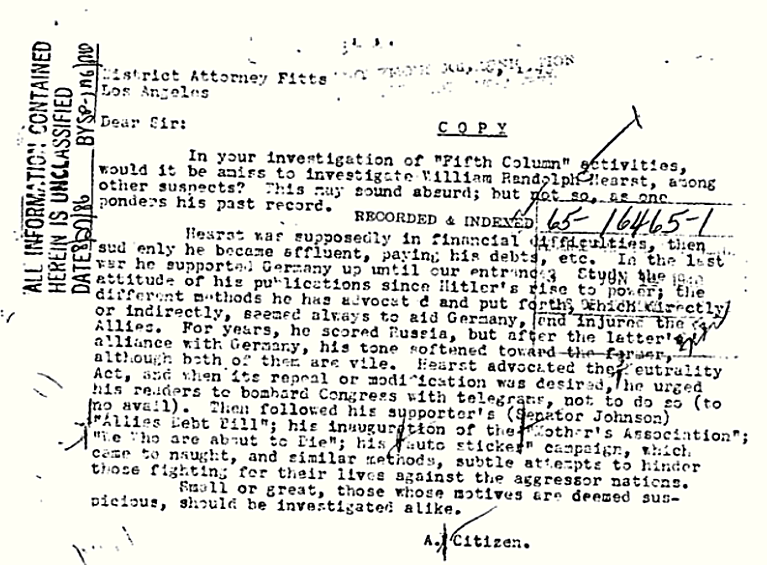
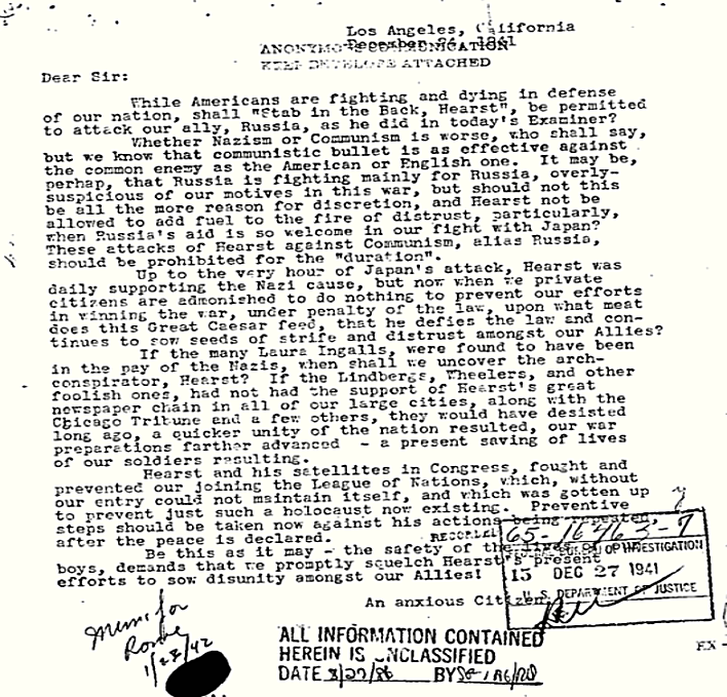
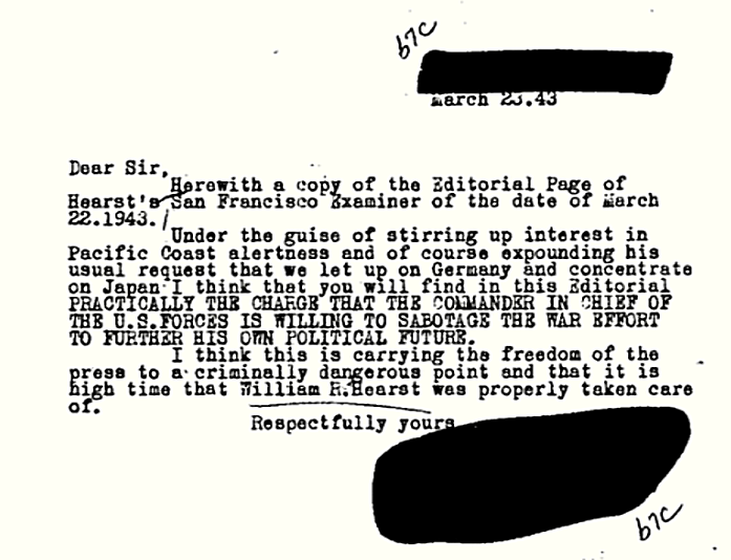




 RSS Feed
RSS Feed
